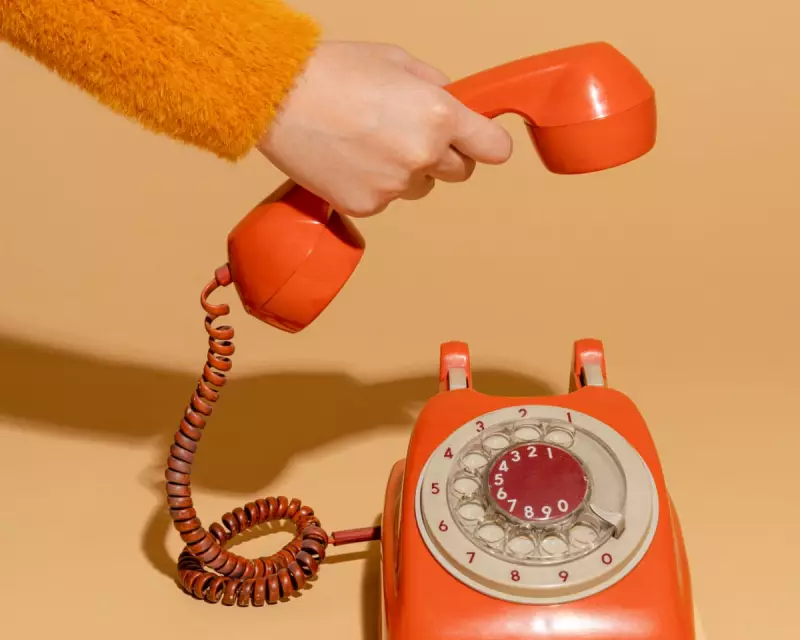
The Landline's Unexpected Return to British Life
Reports of a landline telephone renaissance are triggering waves of nostalgia and mild anxiety for those who remember the central role these devices played in family life. For many Britons, the suggestion that the humble landline might be fashionable again brings back vivid memories of teenage social negotiations conducted over the clunky rotary dial phones of their youth.
When the Family Phone Ruled Domestic Life
I recall with perfect clarity the first time a girl telephoned my family home to speak to me when I was fourteen. The landline sat prominently on a bench in our book-lined den, with its dedicated shelf for the White and Yellow Pages that every household maintained. My mother subjected the caller to rigorous questioning about her identity and intentions before eventually calling me to speak with what she later described as a 'very forward' young woman.
That experience encapsulates the essence of landline communication. These shared household instruments meant that parents and siblings inevitably gained intimate knowledge of each other's social and romantic lives. Similarly, we learned about our parents through their telephone conversations and the callers who sought them out.
In the late 1970s, when the phone rang in our den, it became a family moment. You would answer formally with 'Hello, 8361... Paul speaking' – the number remains etched in memory alongside those of close cousins and friends. If the caller was familiar – perhaps an aunt checking in daily or one of my sister's friends – polite conversation would precede notification of the intended recipient.
The Smartphone Revolution and Communication Transformation
While smartphones have undoubtedly transformed our brains and social habits, they've completely revolutionised how we make and receive calls. The distinctive brnng-brnng of the landline always signalled a household event. Was it ringing for me? Could it be news about an elderly relative? Or simply something mundane from the vet or mechanic? Regardless, the landline functioned as an integral component of family life's semi-public narrative.
Today, when our smartphones ring unexpectedly with an unannounced call, we're often startled. Many people now text to arrange voice calls in advance and experience anxiety before ringing strangers about administrative matters. The very act of 'dialling' has become obsolete – I remember my own son's reaction to the dusty rotary dial phone in his grandparents' garage, which he regarded as some instrument of torture or intergalactic communication device.
The social art of telephone conversation has changed dramatically, particularly among those who've never known the landline era. Some families feel nostalgic for a time before smartphones became bodily and neural extensions of each family member, when telephonic communication wasn't a constant stream of private texts and notifications but rather a ringing in the hallway, kitchen, or den.
Privacy – and its concerning counterpart, unknown welfare threats – has dimensions for today's children that previous generations couldn't have imagined, partly due to the landline's demise. My adult children's romantic lives, for instance, have remained largely opaque unless they've chosen to share details.
To illustrate this cultural shift, I might tell them about a girlfriend I had at seventeen whose tyrannical father would inform me that my call was 'intrusive and inconvenient' before hanging up, regardless of when I telephoned. But I doubt they'd fully believe such a story – it would seem as alien to them as that rotary dial landline in their grandparents' garage.





